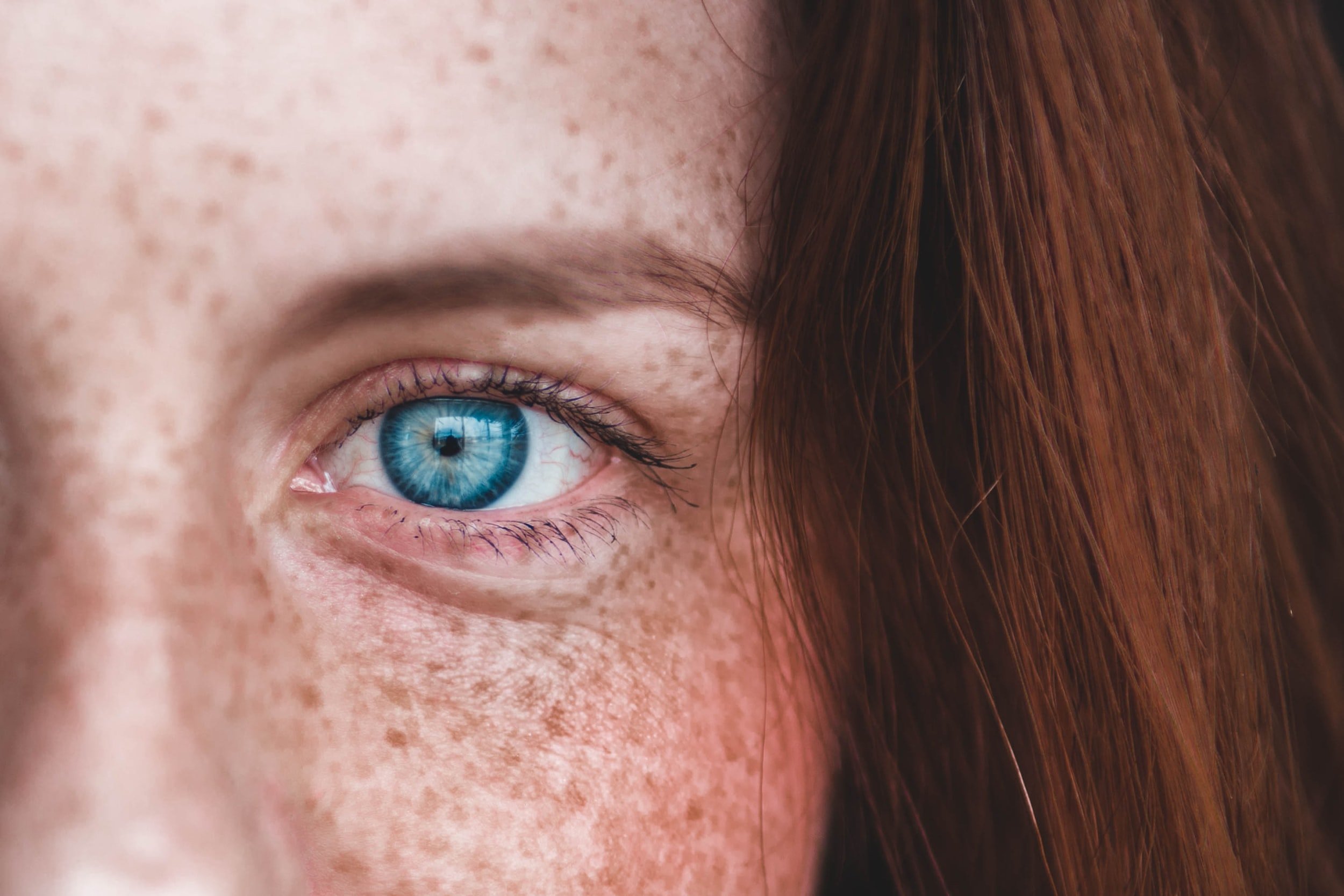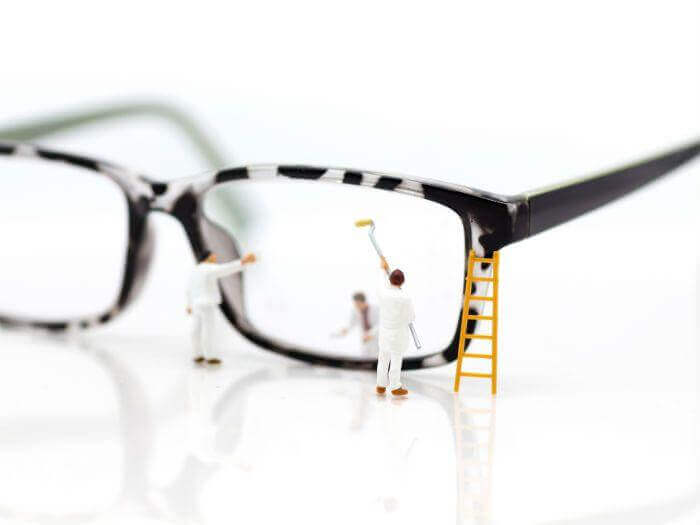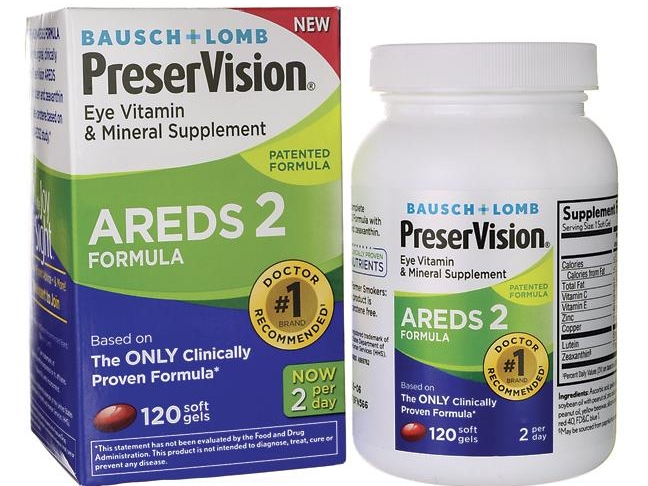Choose the Right Eyeglass Lenses: Different Types
/What Are Eyeglasses Lenses Made Of?
We often refer to eyeglasses as simply glasses, but if you’ve owned a pair of modern eyeglasses, you’ve almost certainly noticed that your eyeglass lenses aren’t actually made of glass.
This is because plastic lenses don’t crack or shatter when you drop them, and the material is lighter helping to prevent those glasses marks on your nose.
But we’ll get more into that latter…
You might be surprised to know that there are different types of plastic glasses lenses.
There are lenses that darken in the sun, automatically, lenses designed to be ultra-lightweight, and precision-shaped lenses that enhance your vision at all distances.
I’ll go through each type; not every type is suitable for every person, or even every purpose. Just like shoes, it’s good to have different pairs of eyewear for different occasions.
The Different Types of Eyeglass Lenses
Plastic lenses have many important properties that make them a lot better for prescription eyeglasses than actual glass.
They’re impact-resistant and shatterproof which makes them much more suited for outdoor activities and sports.
Plastic eyeglasses lenses are also much lighter than glass, and this relieves much of the pressure that a heavy glass lenses can put on your nose.
This ties in to what’s referred to as a “lens’ index”:
Plastic eyeglasses lenses come in a variety of different lens indexes; each index tell you how much it focuses the your eyesight, and with plastic lenses you can get a way higher index without worrying about having to wear really thick, heavy glasses.
So, a high index plastic lens can be much thinner than glass eyeglasses lenses —plastic lenses are comfier, lighter and and thinner.
Plastic lenses aren’t just more convenient, they’re more aesthetically appealing, too.
Photochromic EyeGlasses Lenses work best with large, squarish, rounded, and Tear-Drop Lens Shapes, Like Aviators
Even among plastic lenses, there are several options to consider:
Aspheric Lenses
You can tell an aspheric lens apart from how the curvature of its front surface gradually curves from the center of the lens down to the edge.
Aspheric lenses provide correction for small distortions in vision; they’re a great choice if your vision isn’t perfect but doesn’t leave you completely blind without a pair of spectacles.
As a side benefit, they are also typically thinner and lighter than most other lenses.
Photochromic Lenses
Photochromic lenses (most notably marketed under the brand name Transitions) automatically darken to protect your eyes when exposed to ultraviolet (UV) light.
The newest version of Transitions now darkens in just over a minute and is also available in polarized.
Polarized Lenses
People think of non-prescription sunglasses when they hear about polarized lenses; but prescription sunglasses can be polarized, too.
These lenses reduce glare reflected off surfaces and make images sharper and clearer. People with light-sensitive eyes, such as post-cataract surgery patients might wear polarized lenses indoors. Most polarized lenses provide UV protection, which is important to maintaining healthy eye sight.
Progressive Lenses
Progressive lenses, like bifocals and trifocals improve your vision at close, intermediate, and long distances. They have the added advantage of not having lines between lens sections; which counts a lot for style if that’s what you’re worried about.
Blue Zero Lenses
Overexposure to blue light can cause eyestrain, headaches, tired and dry eyes, and loss of visual contrast.
But, no blue light is just as bad; the sky is blue, we get lots of blue light naturally, what sets us off balance is staying up late using our phones and technology.
Blue light makes it harder to fall asleep, so we end up staying up even later using our computers and devices, in an endless cycle of exhaustion.
Most blue light filter glasses have a brownish, copper tint, and that (if you’re like me) clash with my sense of style.
If you’re experiencing symptoms of fatigue overexposure to blue light but have been avoiding blue lighter filter lenses like blue blocker; the Blue Zero Lenses, made by Shamir blocks just the right amount of light; they don’t give a percentage but they have a video demonstration…
—I put it down below.
But, Shamir Blue Zero Lenses are perfectly clear, so you can enjoy all of the health benefits of blue light reduction without committing any crimes against fashion, AND you can wear them all day as they let in just the right amount of blue light during the day, too.
There are so many great lens options available to create a pair of glasses that fits your unique visual environment. we’ll replace your old lenses with your new lenses for free, and we’ll install lenses you purchased online or anywhere else.
Your best vision is in your best interest; let our skilled optometrists guide you, as you select your ideal lenses,
To learn more, contact us or schedule an appointment.
Midtown Optometry is a specialist eye care clinic in Santa Cruz, California.
Bonus Content
Types of Lens Coatings
Once you’ve decided on the right type of lenses, you can choose from a selection of different coatings to customize your glasses to suit your specific needs:
Anti-Glare or Anti-Reflective Coatings
This coating significantly reduces the light reflected from the front and back surface of the lens. Good quality anti-glare coatings minimize halos from lights at night, cut down on glare from computer monitors and other digital displays as well as decrease glare from overhead fluorescent lighting.
Blue Light Reduction Coatings
A type of coating that reduces digital eye strain by reducing your exposure to blue light from smartphones, tablets, computer screens, televisions, energy-efficient lighting, and the sun. This attractive, near-clear coating also optimizes visual performance, improves visual comfort, enhances your appearance, and extends the life of your lenses.
Scratch Resistant Coatings
While there’s no way to make your lenses completely scratch-proof, a scratch-resistant coating prevents most abrasions from damaging your lenses (and interfering with your vision). Scratch-resistant coatings protect your investment and minimize every day wear and tear.
UV Protection Coatings
Overexposure to ultraviolet rays can cause serious eye problems. A UV protection coating coating paired with polarized or photochromic lenses can completely block UVA and UVB rays.

































